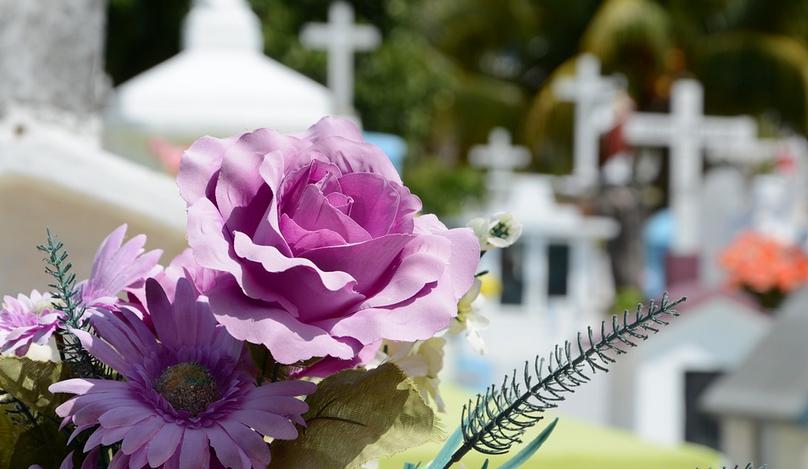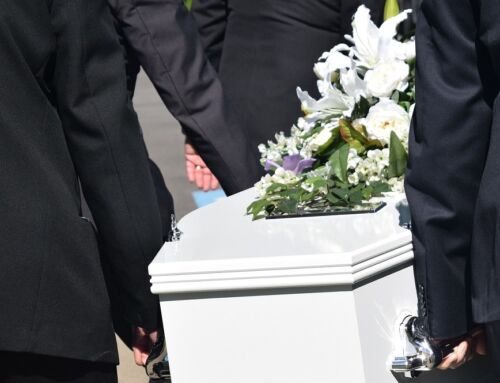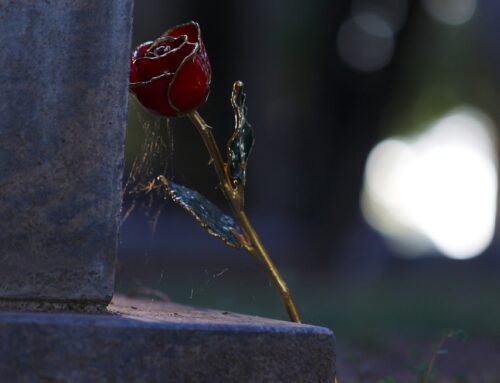Losing a loved one due to the negligence, wrongful actions, or carelessness of another person is a devastating experience. In the state of Indiana, such cases are legally classified as wrongful deaths. Like other states, Indiana has its own set of laws that govern wrongful death claims. If you believe that your situation falls under wrongful death, it is crucial to consult with an experienced Indiana personal injury attorney who can assess your case and guide you through the legal process.
In Indiana, a wrongful death occurs when an individual dies as a result of someone else’s wrongful actions or negligence. Wrongful death claims are civil lawsuits filed by the surviving family members or the deceased person’s estate seeking compensation for the damages caused by an untimely death. These lawsuits aim to hold the responsible party accountable for their actions and provide financial support for the surviving family members.
Indiana has three distinct wrongful death statutes, each outlining different types of damages that can be recovered based on the applicable statute.
These statutes are as follows:
1. Adult Wrongful Death Statute: This statute applies to cases where an adult individual has died due to the wrongful actions or negligence of another person. Damages that can be sought under this statute include funeral and burial expenses, medical expenses, lost wages, loss of companionship, and more.
2. Child Wrongful Death Statute: This statute addresses the wrongful death of a child caused by the actions or negligence of another person. It allows for the recovery of damages such as medical expenses, funeral and burial costs, loss of love and companionship, and more.
3. Medical Malpractice Wrongful Death Statute: When a wrongful death occurs due to medical malpractice, this statute comes into play. It provides for compensation of damages resulting from the malpractice, including medical expenses, funeral and burial expenses, lost wages, and pain and suffering.
When a person is injured, they have the right to pursue a personal injury claim. In the case of wrongful death, since the claimant is deceased, an estate must be created to pursue legal action on behalf of the deceased person’s heirs. A specific type of estate, known as a wrongful death estate, is typically established solely for the purpose of filing the wrongful death lawsuit. The estate’s personal representative, who is often a family member of the deceased, is appointed to act on behalf of the estate.
While most wrongful death claims are resolved through settlement negotiations rather than going to trial, it is still important to file a lawsuit. Filing a lawsuit allows for the discovery process, where important evidence can be uncovered, strengthening your case and potentially leading to a higher settlement amount. Medical malpractice wrongful death claims often result in significant compensation, as doctors typically carry substantial insurance coverage. However, it is important to note that there is a compensation limit of around $1.8 million in Indiana for medical malpractice cases.
If you believe you have a wrongful death claim in Indiana, it is crucial to consult with an experienced personal injury attorney. They can evaluate the details of your case, guide you through the legal process, and fight for the justice and compensation you and your family deserve. Losing a loved one is difficult enough, and pursuing a wrongful death lawsuit can be a complex endeavor. Having a knowledgeable attorney by your side can provide support and increase the likelihood of a favorable outcome.
Contact Hurst Limontes today to discuss your options. We have decades of combined experience fighting for our clients in any number of personal injury claims. We work on a contingency basis, meaning there is no cost to you unless we reach a settlement or jury verdict award on your behalf.
Call 317-636-0808 or email us for a FREE and confidential consultation.





